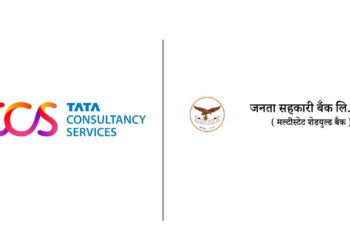The Lok Sabha passes the ‘Promotion and Regulation of Online Gaming Bill, 2025, a major step by the Indian government to address online gambling and real-money gaming. Presented by Union Minister Ashwini Vaishnaw, the bill seeks to ban betting and real-money gaming, while encouraging e-sports and other activities based on skill in the digital realm.
The legislation comes amid rising concerns over addiction, financial fraud, and the misuse of gaming platforms for money laundering and even terror financing. Real-money games such as fantasy sports, poker, rummy, and betting apps have witnessed explosive growth in recent years, but have also faced mounting criticism from regulators, parents, and civil society.
What the Online Gaming Bill 2025 Proposes
At its core, the bill bans all forms of online gaming involving real money, making it illegal for platforms to host or advertise such services. Payment gateways and banks will also be prohibited from facilitating transactions related to gambling platforms.
At the same time, the government has sought to differentiate between gambling and skill-based e-sports. Competitive e-sports, social gaming, and educational digital games will receive recognition and regulatory backing. To oversee this ecosystem, the bill proposes the creation of a National Online Gaming Commission, which will license and regulate platforms while monitoring compliance.
Penalties for violations will be stringent, including fines of up to ₹1 crore and prison terms of up to three years or more, depending on the severity of the offense.
Why It Matters
India’s real-money gaming sector was projected to touch nearly $3.6 billion by 2029, with platforms such as Dream11 and MPL at the forefront. The new law could upend their business models, forcing companies either to exit the market or pivot towards e-sports and non-monetary gaming formats.
For India’s booming digital gaming sector, the bill is both a setback and an opportunity. While it clamps down on lucrative betting businesses, it also legitimizes e-sports as a mainstream industry, potentially opening new avenues for investment, sponsorship, and global participation.























